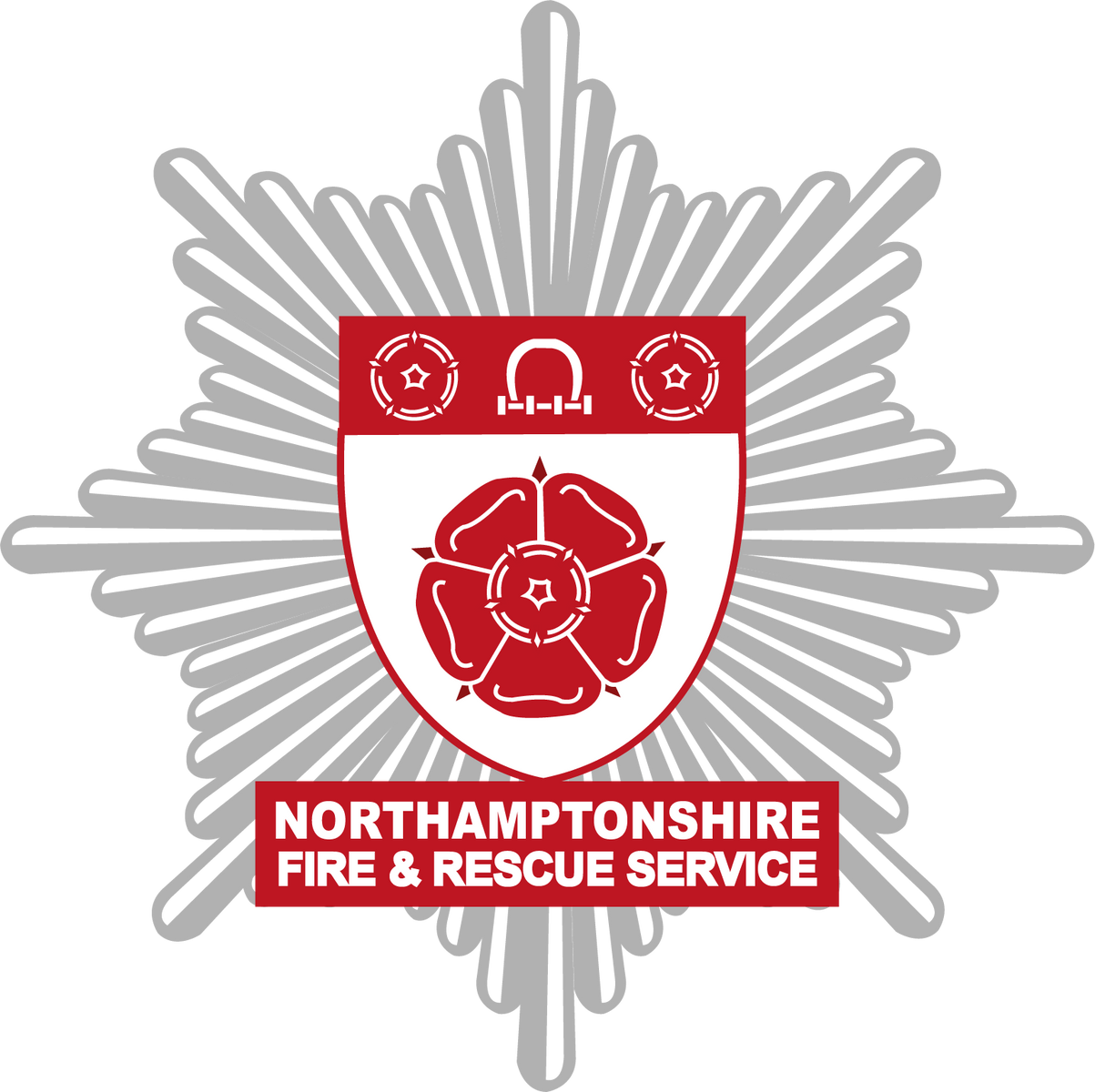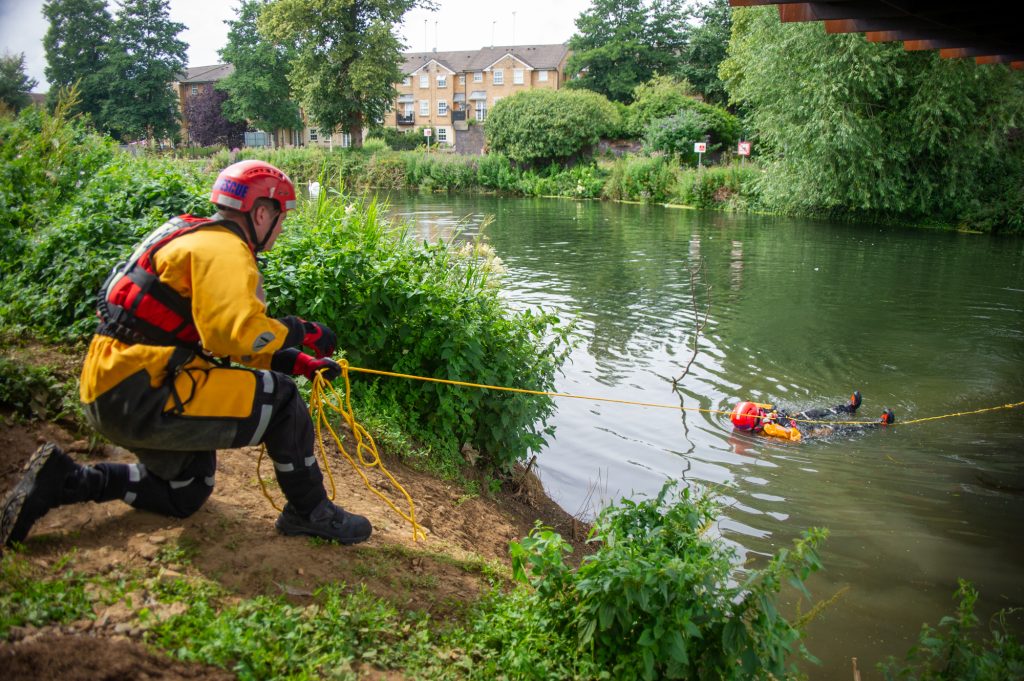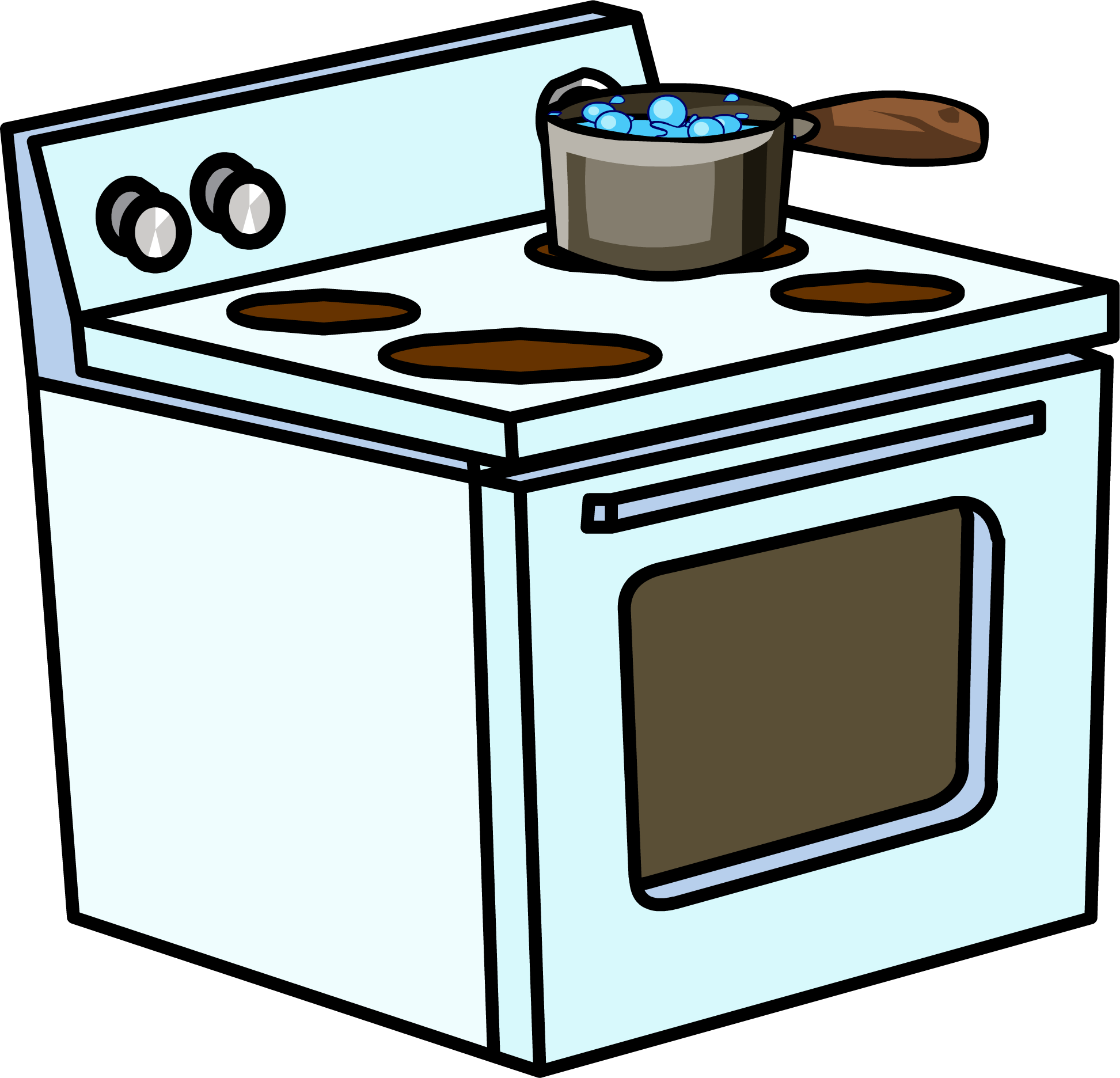Firefighters launched a water safety campaign today by setting up a staged rescue of a casualty from the River Nene.
The event was set up with kind permission of the University of Northampton, who allowed Northamptonshire Fire and Rescue Service to use its Waterside Campus to carry out the exercise.
Firefighters from Wellingborough and Mereway Fire Stations set up a scenario by which a casualty (a role taken on by one of the fire crew members) was rescued from the water after having fallen in.
In the last 10 years, 16 people have lost their lives in stretches of water in Northamptonshire. Last year alone, NFRS carried out seven water rescues involving people.
Group Manager Mick Titcombe, who was among the team carrying out the ‘rescue’ said: “The aim of setting up a water rescue in this way is really to show people what firefighters need to do in order to save a person from open water and to raise awareness of water safety.
“On a warm day in the summer, rivers and other stretches of open water can be inviting and it can suddenly seem like a good idea for people to jump in and cool off, putting too much faith in their own swimming abilities.
“We are urging people not to do this. Water can have unknown depths and currents. In the UK, water temperatures can also remain very low, even on hot days. Cold water shock can set in quickly, causing swimmers to gasp uncontrollably and breathe in water. This can also affect an individual’s ability to swim and get themselves out of trouble.”
With the summer holidays coming up and with the potential for periods of hot, sunny weather, NFRS would like to remind people about the dangers of jumping into stretches of water such as rivers.
Unplanned falls into water are also a risk factor and, nationally, year on year, runners and walkers make up the highest percentage of accidental incidents of drowning. Walkers can include people who have been drinking or taking drugs on a night out and take a route home close to water.
NFRS would like to remind people about the risks and to share the following safety messages to help prevent drownings and ensure people enjoy their summers safely.
Water safety messages:
- Do not dive or ‘tombstone’ into open water. It is not always easy to judge the height of a fall and there may be submerged objects which cannot be seen. It is also likely to be colder than you think.
- If you are drinking alcohol on a night out, remember to take a route home away from waterways and make sure your friends get home safely too.
- Avoid walking or running near water in the dark or in slippery conditions/bad weather.
- UK water temperatures are 10-15°C, even in summer. This is chilly enough to cause cold water shock, making you gasp uncontrollably and breathe in water which can quickly lead to drowning. Cold water can affect your ability to swim out of trouble.
- Always supervise young children around water, whether at a pool or at the beach and regardless or not of whether they can swim.
- It is great to enjoy warm weather, but please do this safely. On the beach, swim in between the flags and make sure you are on a beach which has a lifeguard. Do not swim at unsupervised sites, including quarries, reservoirs and rivers.
- If you know someone has fallen into water, call 999 straightaway. If you don’t have a phone, shout for help but do not enter the water. Emergency services will need as much information as possible to pinpoint where you are. Look for landmarks, signs on bridges or use mobile phone location app or map to help. If there is rescue equipment nearby, throw this to them.
- If you fall into water, keep calm and try to float on your back, belly up and with arms and legs stretched into a star shape. Gently move your hands and feet to help you float. When you are calm, raise your arm and shout for help.
- Human nature says you are likely to attempt to help while rescue services are on the way, but never enter the water to try to save someone as this can add to the problem. If you go into the water, you could also suffer from cold water shock, which will leave you unable to help, even if you are a strong swimmer.








 Fire Risk Assessment (worked example for House in Multiple Occupation (HMO)) (PDF 389KB)
Fire Risk Assessment (worked example for House in Multiple Occupation (HMO)) (PDF 389KB)
